The crisis that tennis has been experiencing for several years, can it serve the padel in its development and allow the French Tennis Federation not to make the same mistakes as in the past?
It is in any case a question asked openly by clubs of padel at the FFT. While we are living through an unprecedented health crisis, the clubs of padel in particular, fear that the FFT's policy will continue, jeopardizing their structure. They want to take this “break” to talk about club issues.
The history of padel does it take the same direction as that of tennis?
Philippe Brossard, the author of "Stop sad tennis" helps us to understand what we should especially not do in the padel to avoid taking the same direction as that which was taken concerning the development of tennis. Indeed, according to this tennis specialist, the operation of the 5000 FFT courts had a terrible impact in the French tennis community: “la desertification of clubs (…) by creating micro-clubs made up of one or two fields with no real reception structure“. (Wikipedia)
However, in the padel, many players and specialists in padel have been denouncing for some time “this multiplication of small clubs where no souls live" or " this conglomerate of tiny clubs of padel in a restricted area ”.
We also remember the words of the candidate for the presidency of the French Tennis Federation, Gilles Moretton who rightly denounced this risk.
To this, the FFT does not remain indifferent and it has already announced that it will propose a conference of clubs of padel private.
Et “Clubs of padel who build 1 or 2 lots of padel in areas already well supplied with padel are in reality victims of the FFT policy ”.
Private and municipal clubs: Same fight
We must not believe that these are the private clubs on the one hand and the municipal clubs on the other, we are speaking with one voice. The financial distribution of the FFT must be done with a minimum of coherence and intelligence.
In some regions, such as Île-de-France, you can find 4 or 5 clubs padel in the same area.
This would therefore have 2 direct impacts:
1. Create an over-offer in a geographic area
2. Dilute the players on several structures (and therefore at half mast, economic problems, etc.)
Clubs padel private and municipal authorities sound the alarm:
The FFT must remember its suicidal policy in tennis in the 80s which we still pay the bill today.
the FFT must hear us as soon as possible. The crisis in tennis must serve the padel. We must not make the same mistakes. And at this pace, we're going straight ahead.
The players themselves confess that “multiplying and scattering clubs of padel on very small perimeters, we increase the risk of having clubs without atmosphere ”.
“We need people to run a club of padel"
To play padel, you have to be 4. And this sport needs a pool of players:
This is why this policy at all costs to put land padel on every street is a bad idea.
What if the demand followed, but in general, you don't create that many players when you build a padel in a club.
If we should not caricature or generalize, private clubs are most often the suppliers of players for municipal tennis clubs. The players take advantage of the rates and sometimes even of almost free access to the structure padel.
The FFT's investment must be more balanced: the private sector must not be forgotten.
If the FFT cannot help private clubs, it should not do so for municipal clubs because it creates too much competitive distortion and in the end everyone loses.
These words, which come back regularly, should not divide the clubs and the world of padel. “Certainly not, quite the contrary”.
Not subsidizing municipal clubs would be an extreme solution. But today we are in another extreme. What is needed is more balance.
Are there solutions?
The French Tennis Federation cannot legally subsidize private clubs. This is what the FFT has made clear to us on several occasions through the elected representative in charge of padel, Hubert Picquier. It invests heavily in padel, but he is actually accused of “misinvest".
Here are some questions that we allow ourselves to ask:
1- Can the sports associations created by private clubs obtain these subsidies but after the creation of the club?
If the clubs of padel private companies meet the specifications or partnerships with the FFT, then the associations of private clubs could obtain financial assistance.
Is this a solution to circumvent a regulation that is difficult to accept for private clubs who consider that there is currently “a difference in treatment”? If the sports associations in the private structures meet the specifications of the FFT, why could they not obtain a subsidy after the creation of the club?
2- And at the same time, can't we find, precisely, less restrictive specifications for the clubs for the FFT PADEL TOUR or during the various championships of padel organized by the FFT? Can't we help them financially, by paying them "the right price”Of a rental of their structure instead of their“ask for very special rates"?
Here too, Hubert Picquier remains listening, since the FFT should organize a conference of clubs of padel private. “But we have to move quickly because if clubs close, the FFT will have its share of responsibility”. Very strong words which again seem to be unanimous among the clubs of padel private.
3- At a minimum, can't the FFT better manage its subsidy policy geographically by targeting in particular areas where there is no padel ?
Coronavirus hurts all structures. And of course, the private clubs are encountering tenfold difficulties. The post-virus will be essential and many clubs expect from the Federation “a financial gesture / a plan to help them regain their health and prepare for the future more serenely".
The future will tell us if they have been heard. The FFT has already said that it would help up to 35 million euros to revive the ecosystem of French tennis and associated disciplines.
Return to the post on the same subject: https://padelmagazine.fr/la-fft-aura-t-elle-sa-part-de-responsabilite-si-certains-clubs-de-padel-ferment
Note that we did not mention all the names of the speakers in this post, at their request.
Franck Binisti discovers the padel at the Club des Pyramides in 2009 in the Paris region. Since padel is part of his life. You often see him touring France going to cover the major events of padel French.

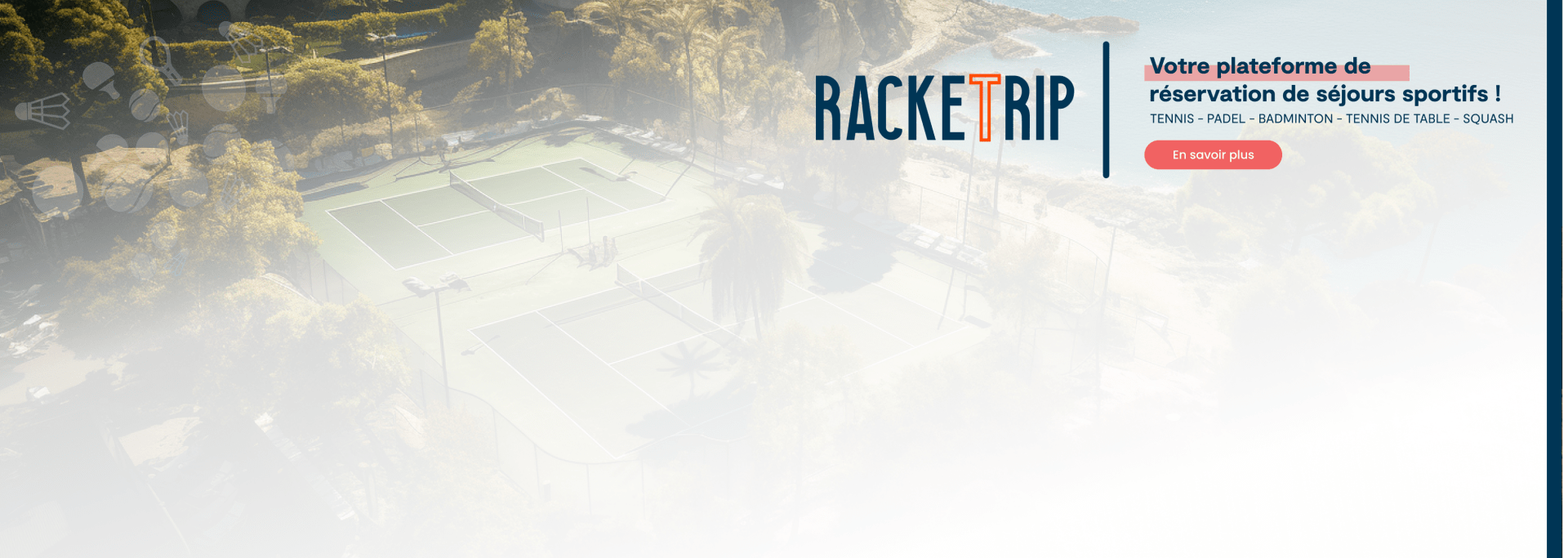


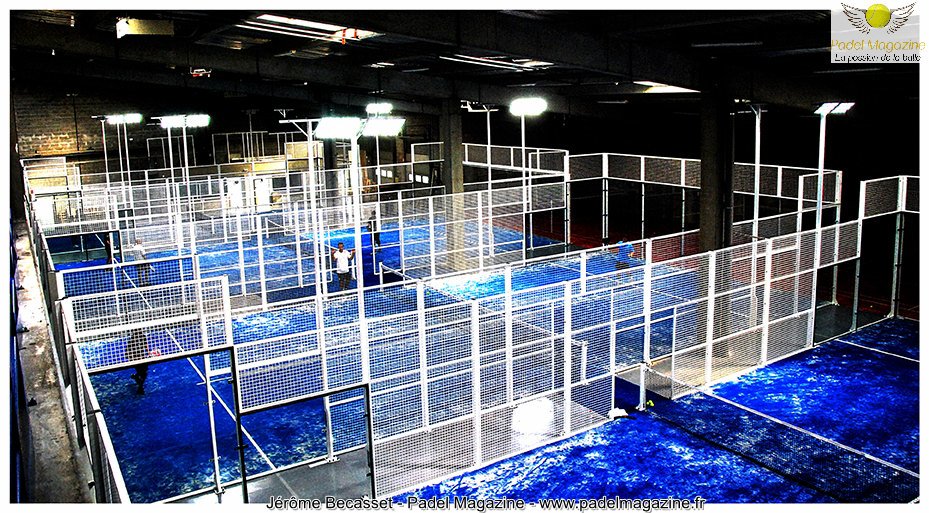

























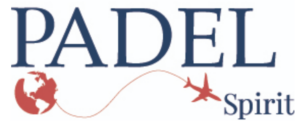
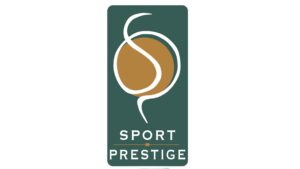

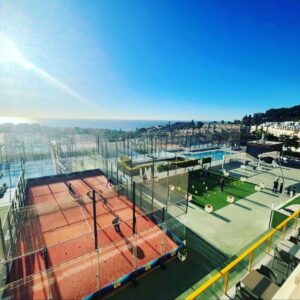




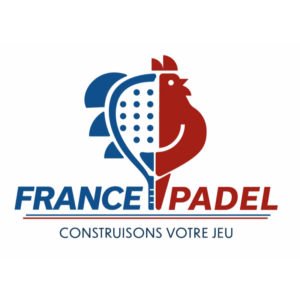





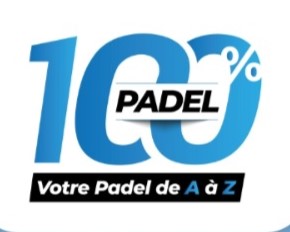









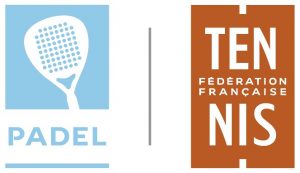


















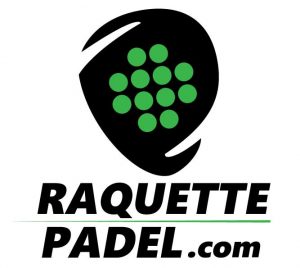







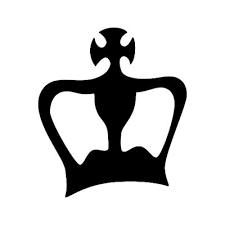


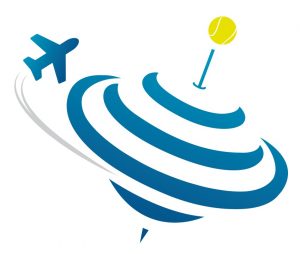

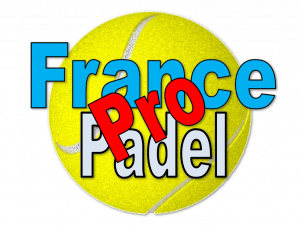




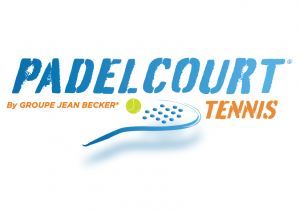


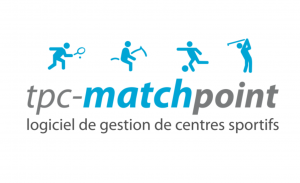

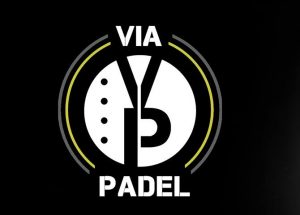




 Premier Padel Brussels P2 – “Chingalan” on the way to its second final
Premier Padel Brussels P2 – “Chingalan” on the way to its second final The All Star Tour returns on May 16 at the All In in Lyon
The All Star Tour returns on May 16 at the All In in Lyon Premier Padel Brussels P2 – Gemma Triay and Claudia Fernandez return to the final
Premier Padel Brussels P2 – Gemma Triay and Claudia Fernandez return to the final Guillaume Codron de Sud Padel : “A family project”
Guillaume Codron de Sud Padel : “A family project”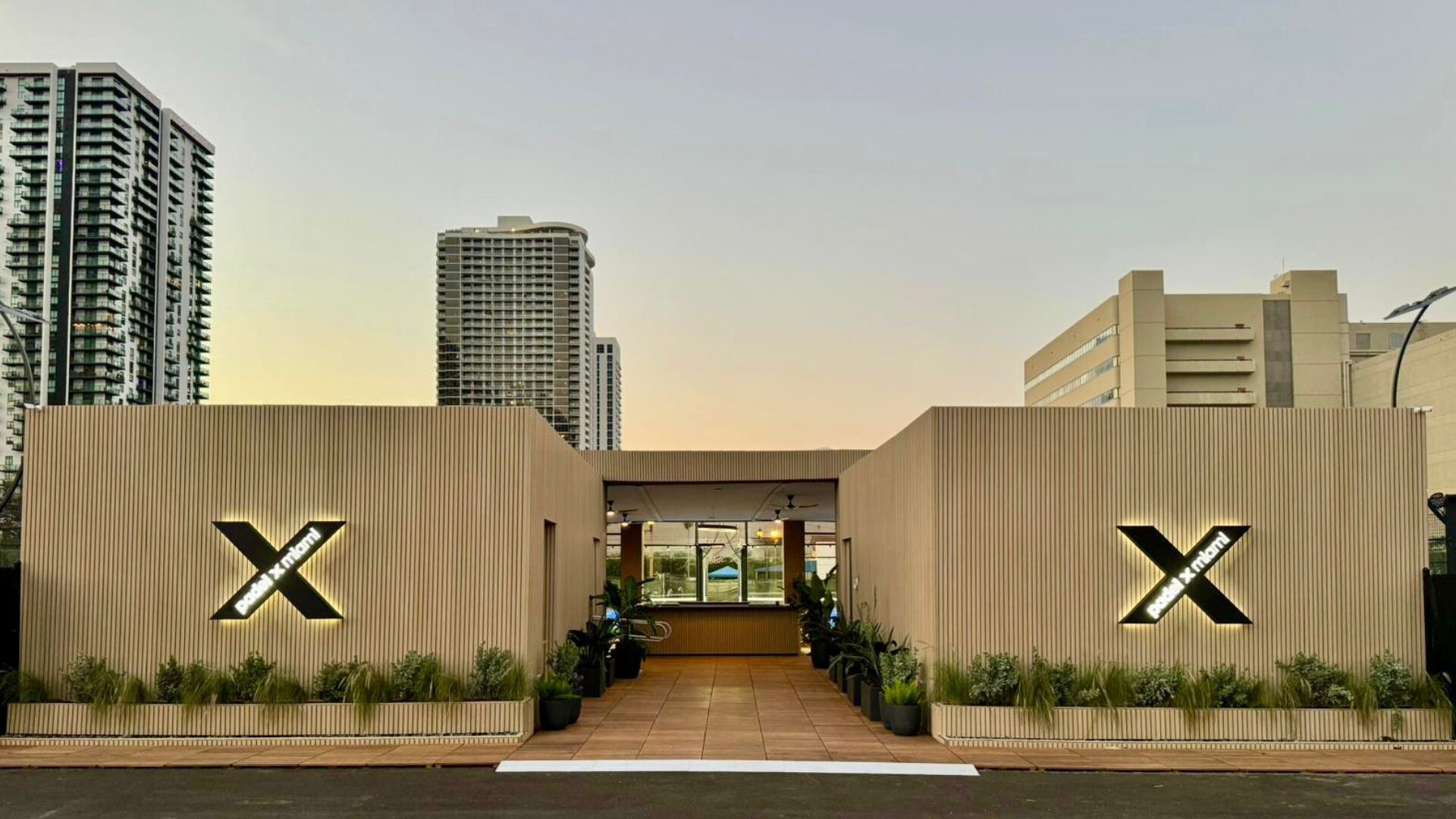 Nallé Grinda: “Democratize the padel in the USA with PadelX "
Nallé Grinda: “Democratize the padel in the USA with PadelX "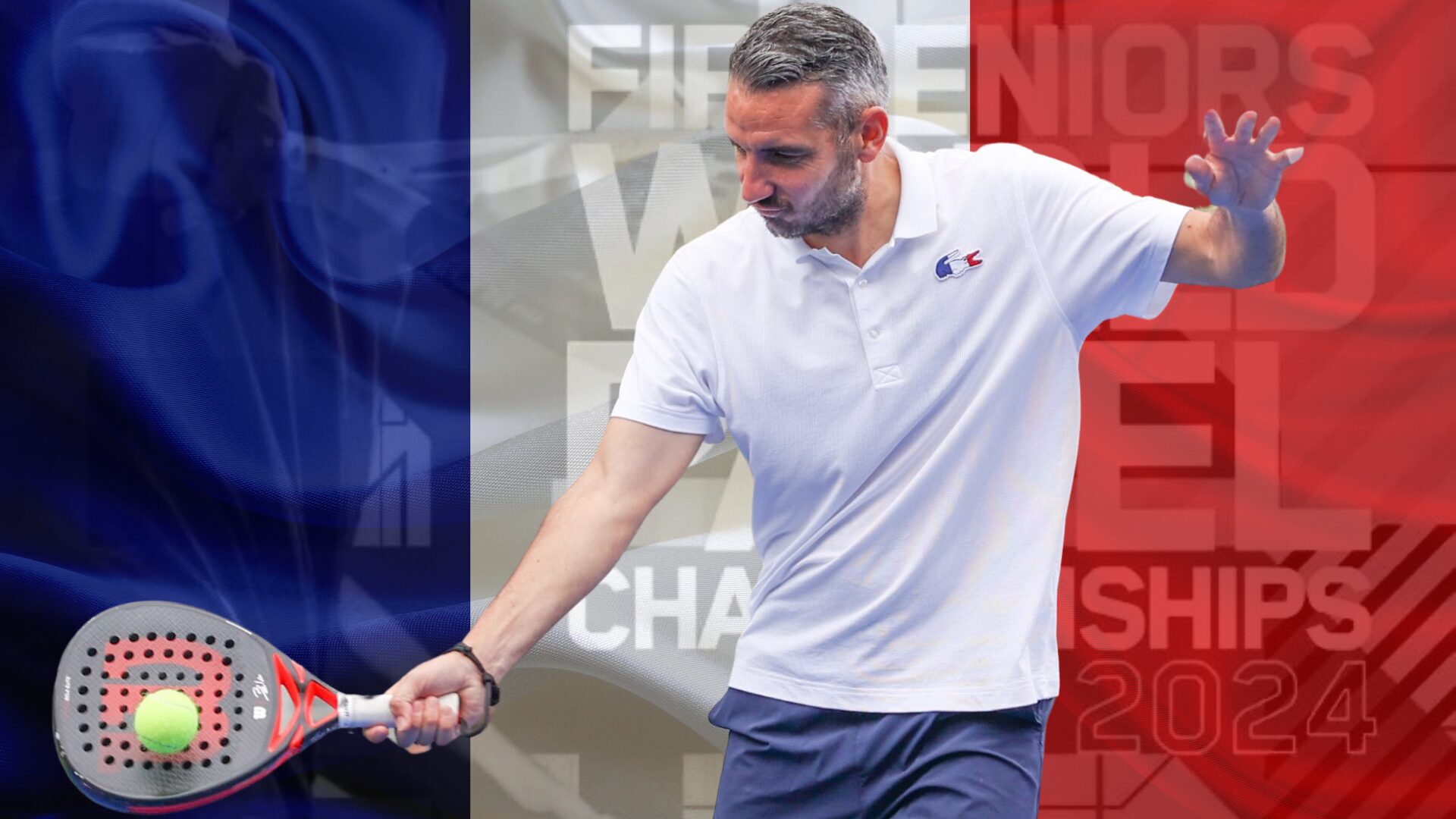 Simon Boissé: “We know that there are two nations in front of us”
Simon Boissé: “We know that there are two nations in front of us”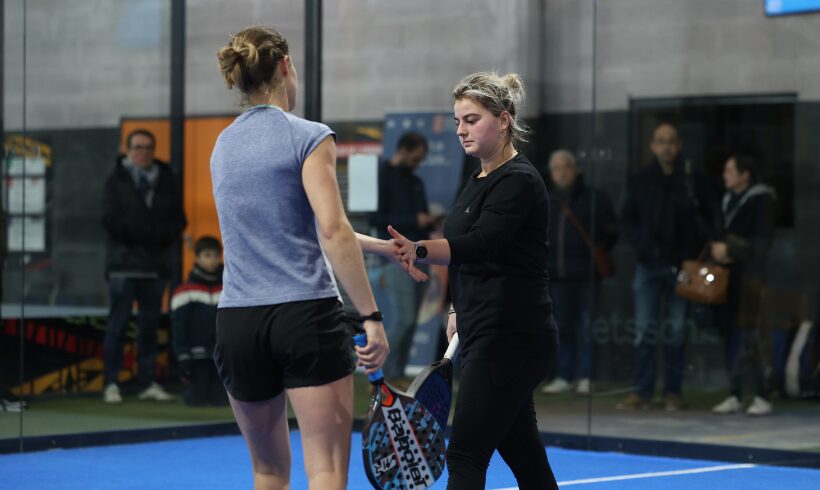 Marie Maligo: “This period of frequent changes of partners was beneficial for me”
Marie Maligo: “This period of frequent changes of partners was beneficial for me”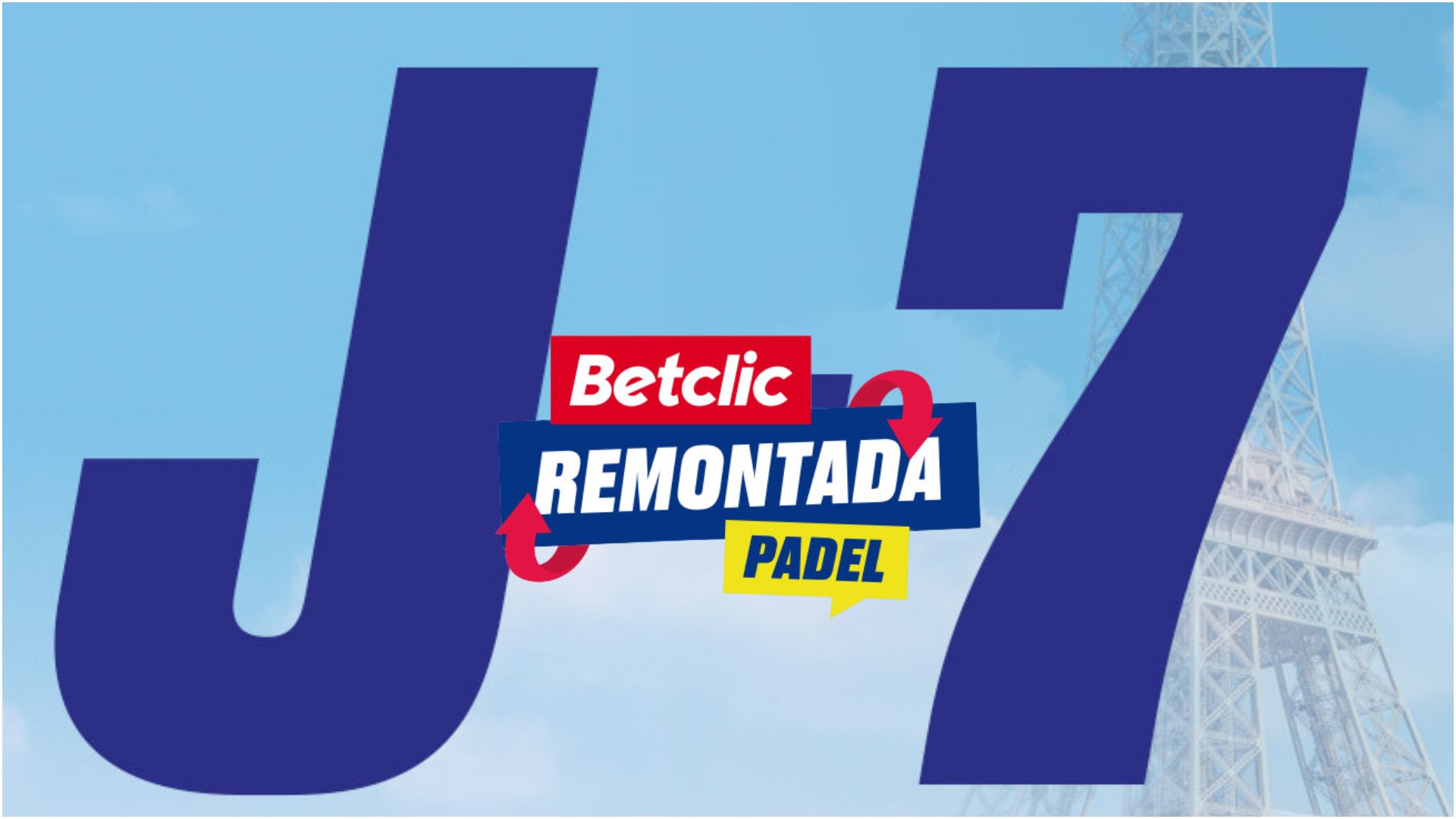 D-7 of the “BetClic Remontada Padel”, at the foot of the Eiffel Tower
D-7 of the “BetClic Remontada Padel”, at the foot of the Eiffel Tower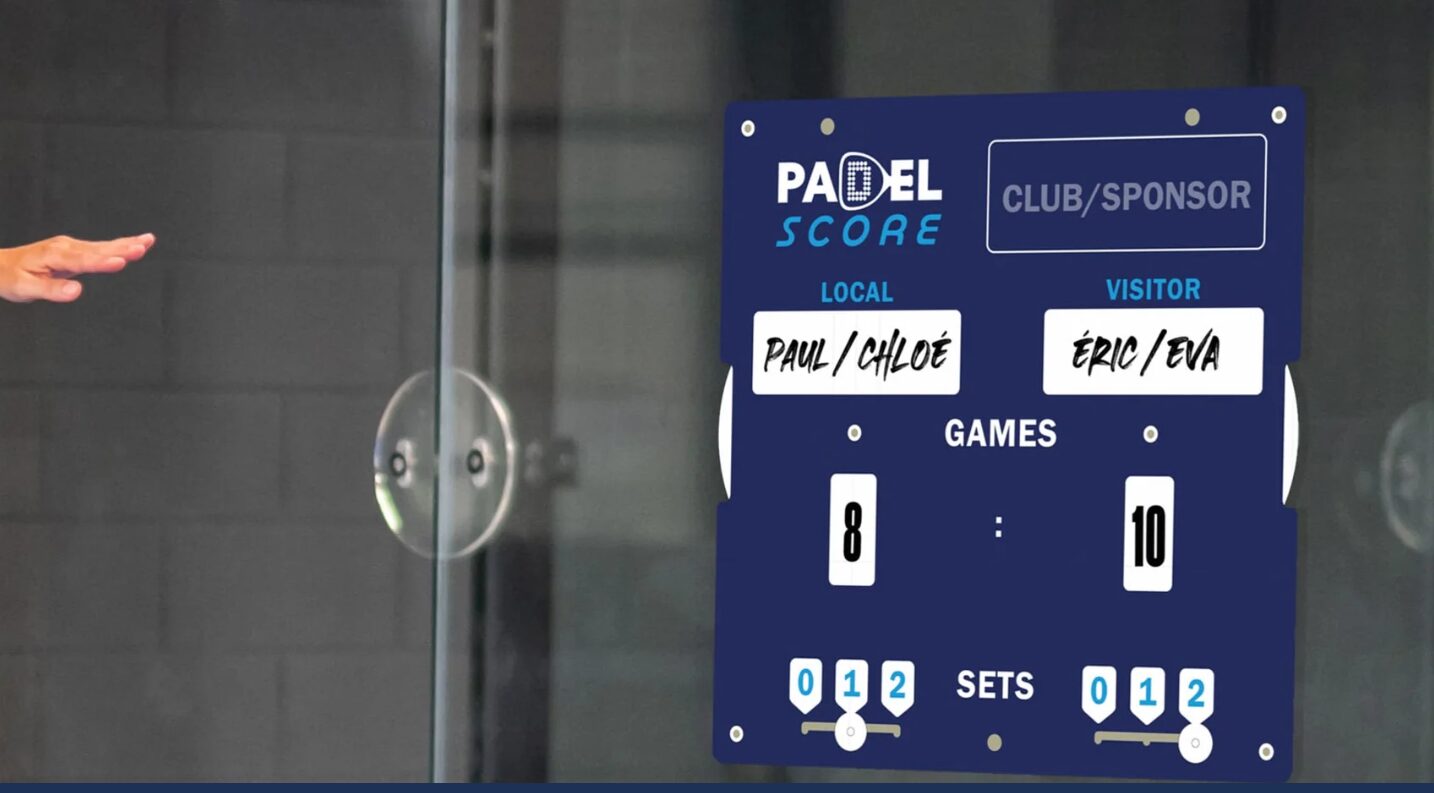 Padel Score: an essential table for keeping score
Padel Score: an essential table for keeping score Léa Godallier makes her big return to the slopes this weekend
Léa Godallier makes her big return to the slopes this weekend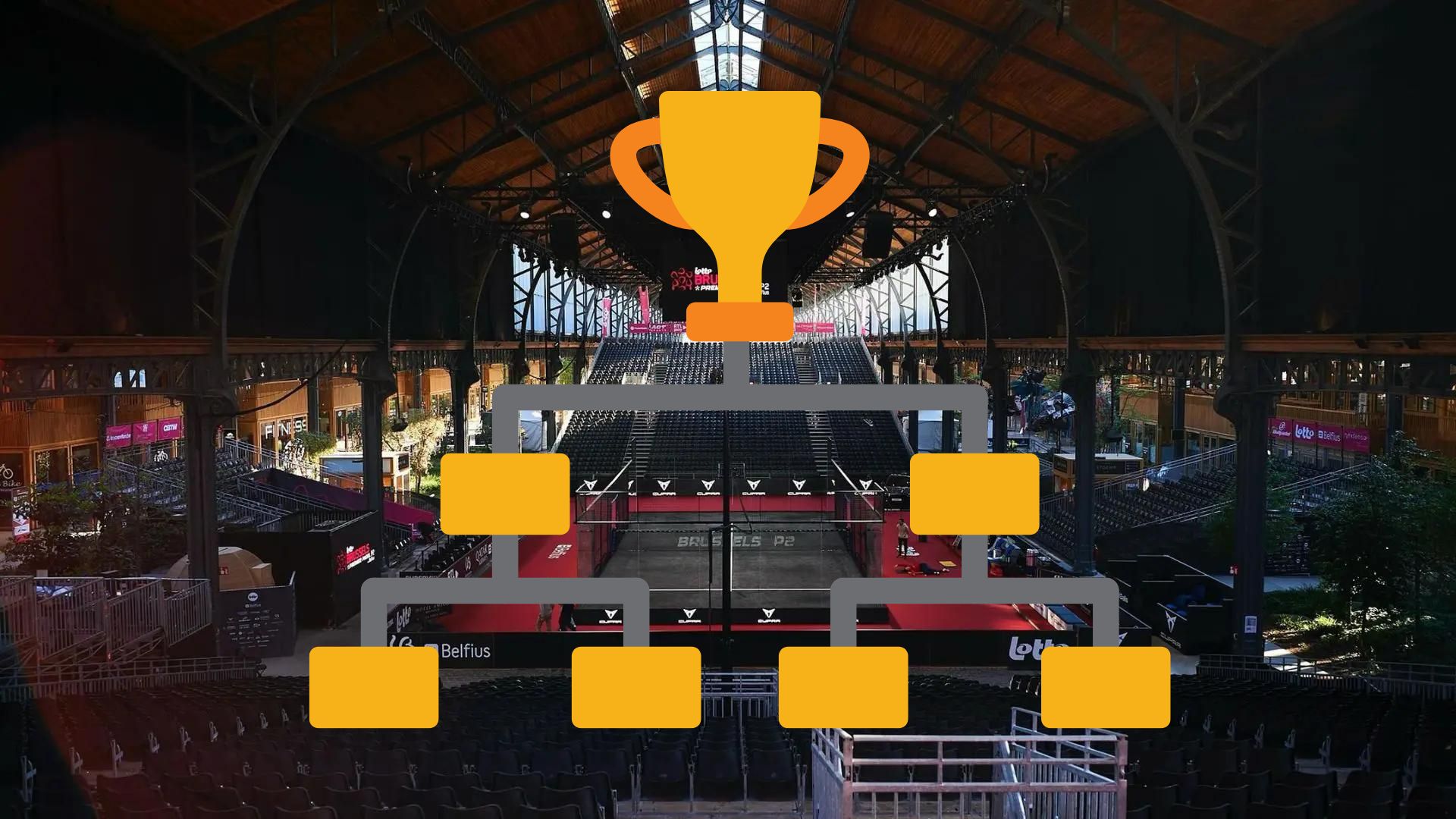 Premier Padel Brussels P2 – Time for the semi-finals!
Premier Padel Brussels P2 – Time for the semi-finals!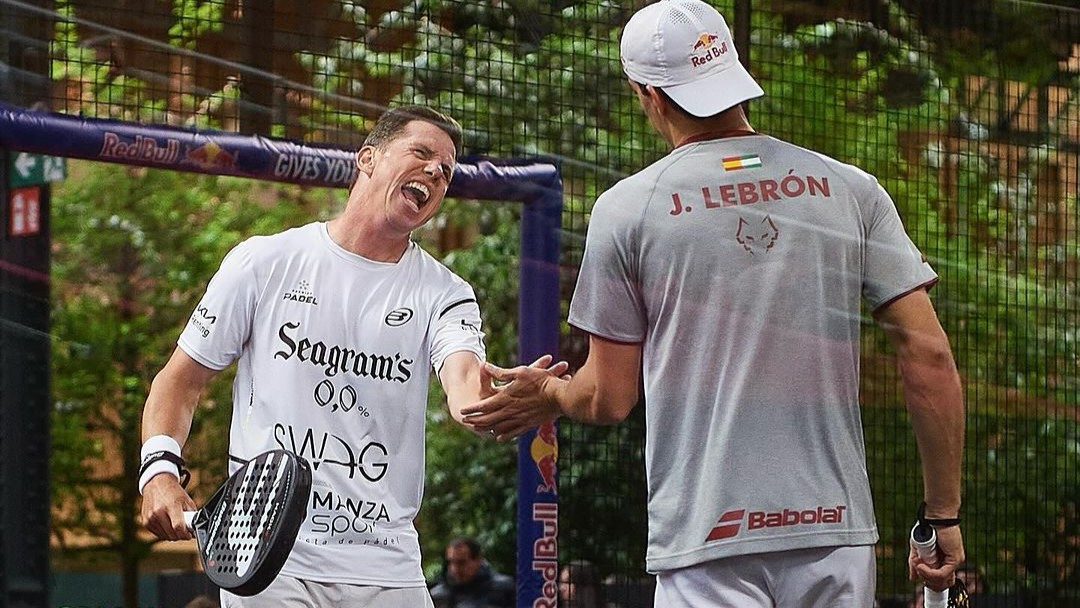 When will Lebron and Paquito split?
When will Lebron and Paquito split? Premier Padel Brussels P2 – Coello and Tapia had to save two match points against Lamperti and Belluati to qualify in the half!
Premier Padel Brussels P2 – Coello and Tapia had to save two match points against Lamperti and Belluati to qualify in the half!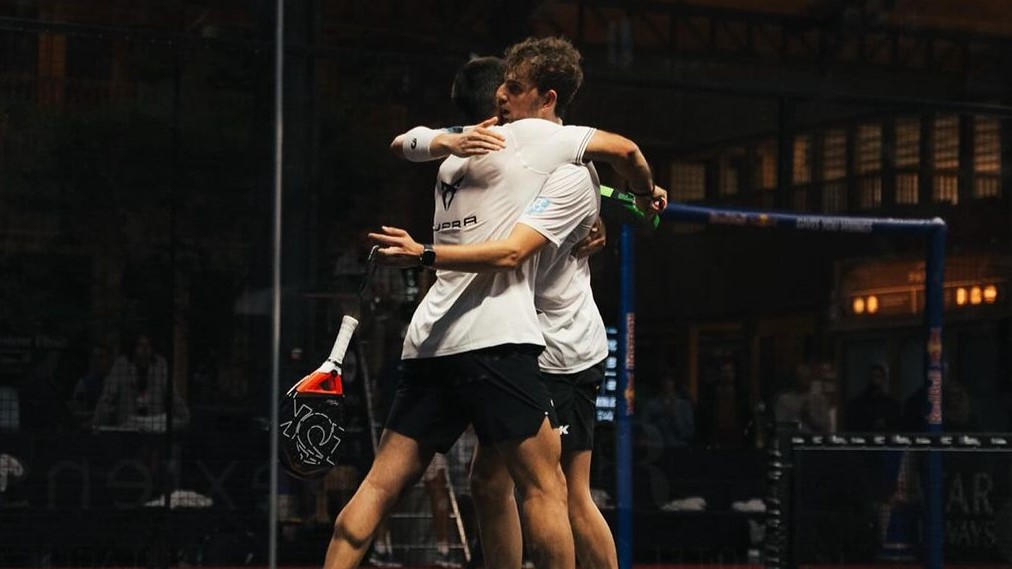 Premier Padel Brussels P2 – Mike Yanguas and Javi Garrido once again take the advantage over Stupa / Di Nenno
Premier Padel Brussels P2 – Mike Yanguas and Javi Garrido once again take the advantage over Stupa / Di Nenno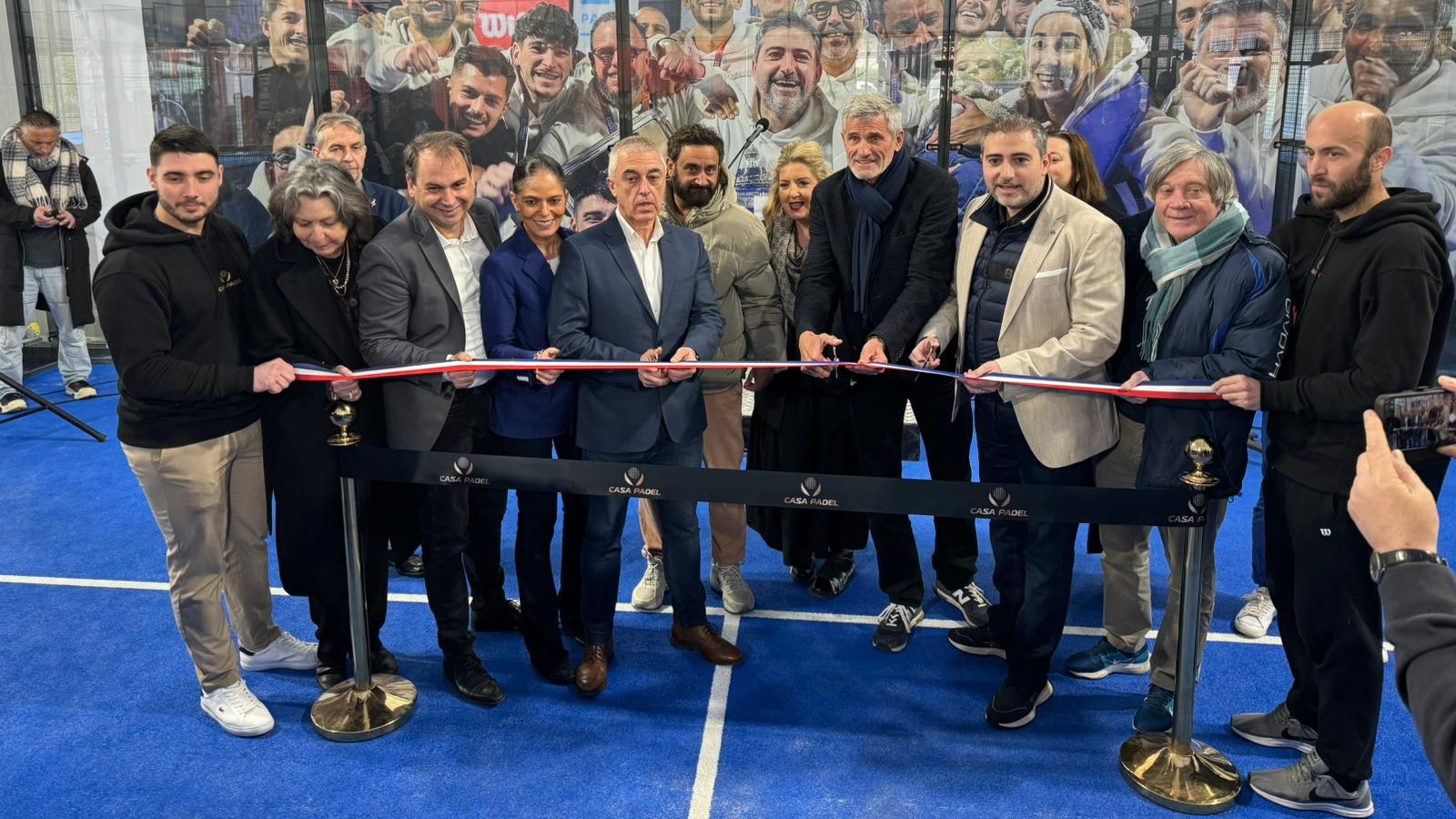 José Manuel Escin at the inauguration of Casa Padel DOS: “Finally, and thank you!”
José Manuel Escin at the inauguration of Casa Padel DOS: “Finally, and thank you!” Padel Score comes to Tahiti for American Express Padel Cup!
Padel Score comes to Tahiti for American Express Padel Cup!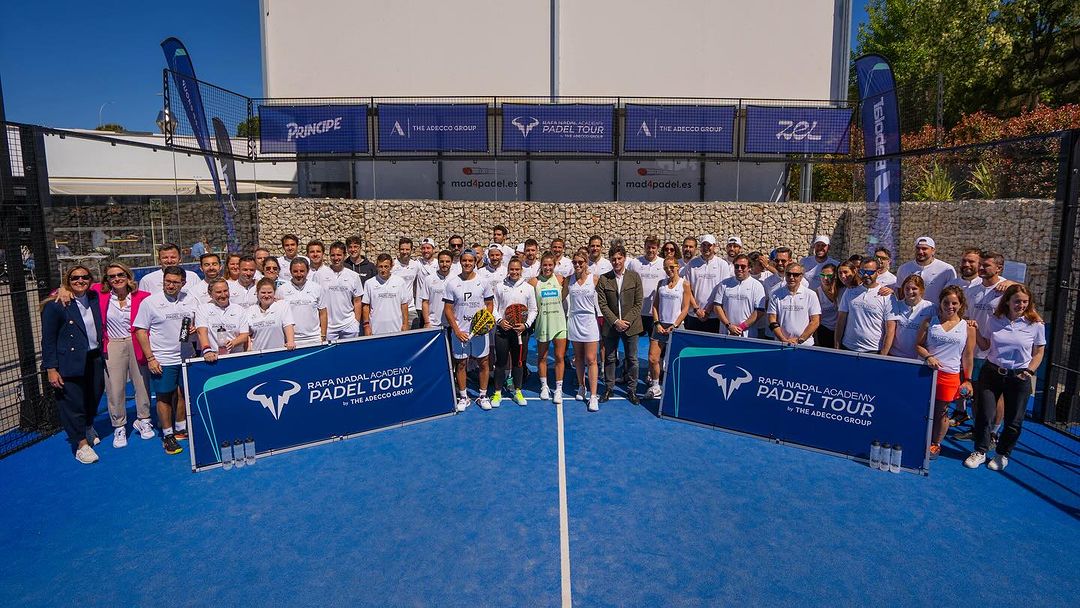 Do you know the Rafa Nadal Academy Tour?
Do you know the Rafa Nadal Academy Tour?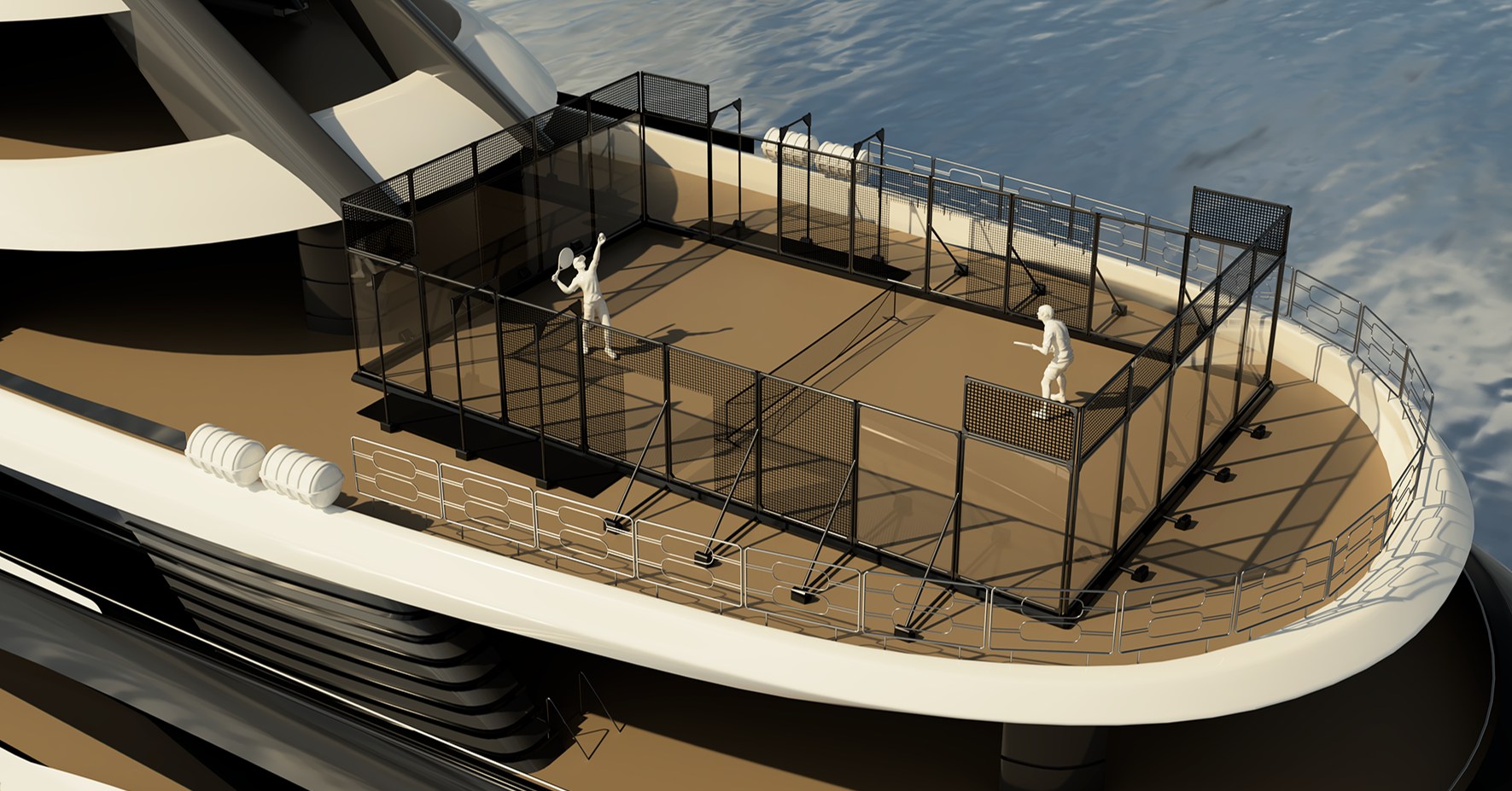 Play at padel on his yacht? Possible for €233.000!
Play at padel on his yacht? Possible for €233.000! Our Top 10 training courses padel in France and Europe
Our Top 10 training courses padel in France and Europe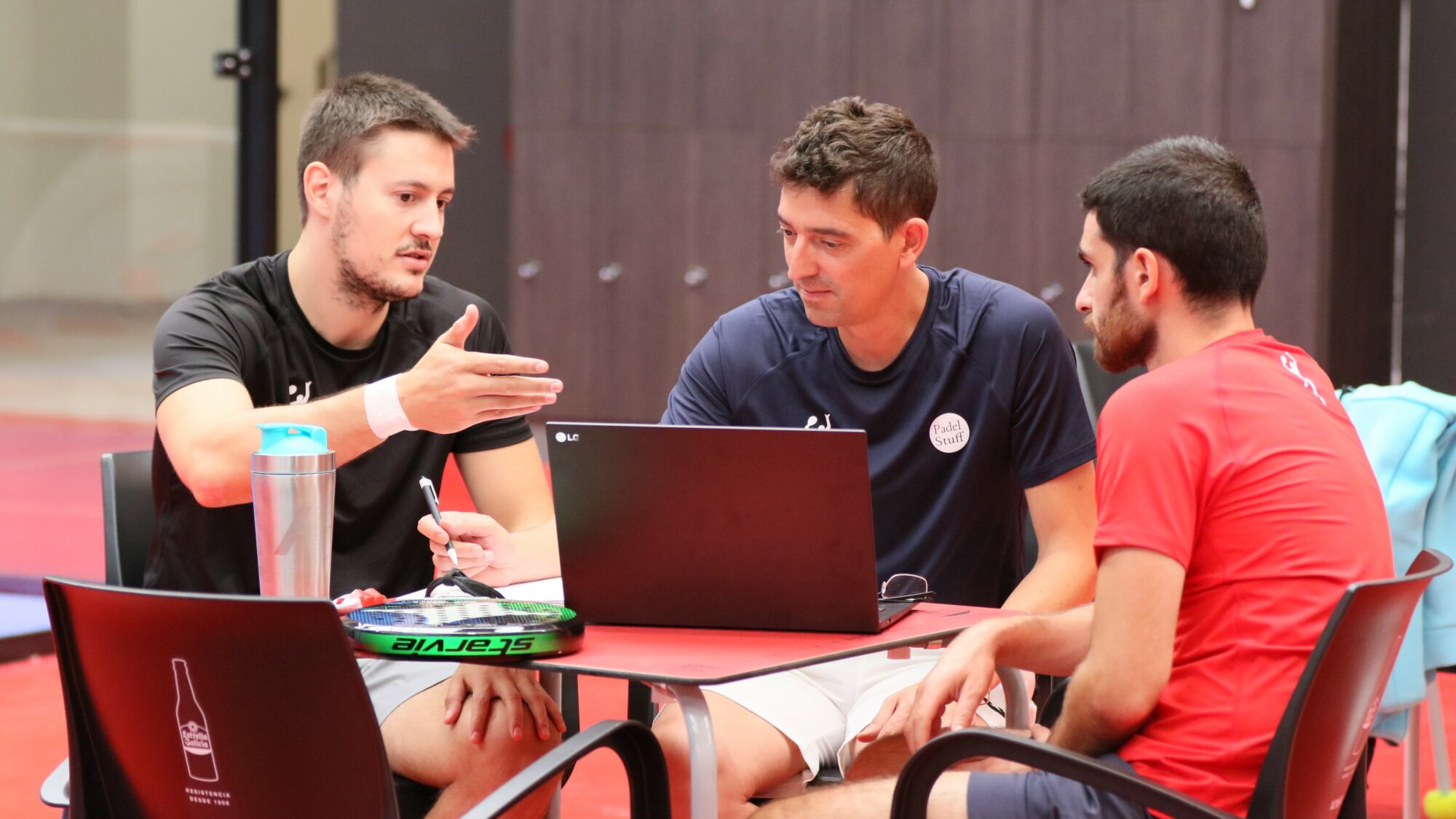 At the heart of padel – Episode 25: Paul and Andoni answer your questions
At the heart of padel – Episode 25: Paul and Andoni answer your questions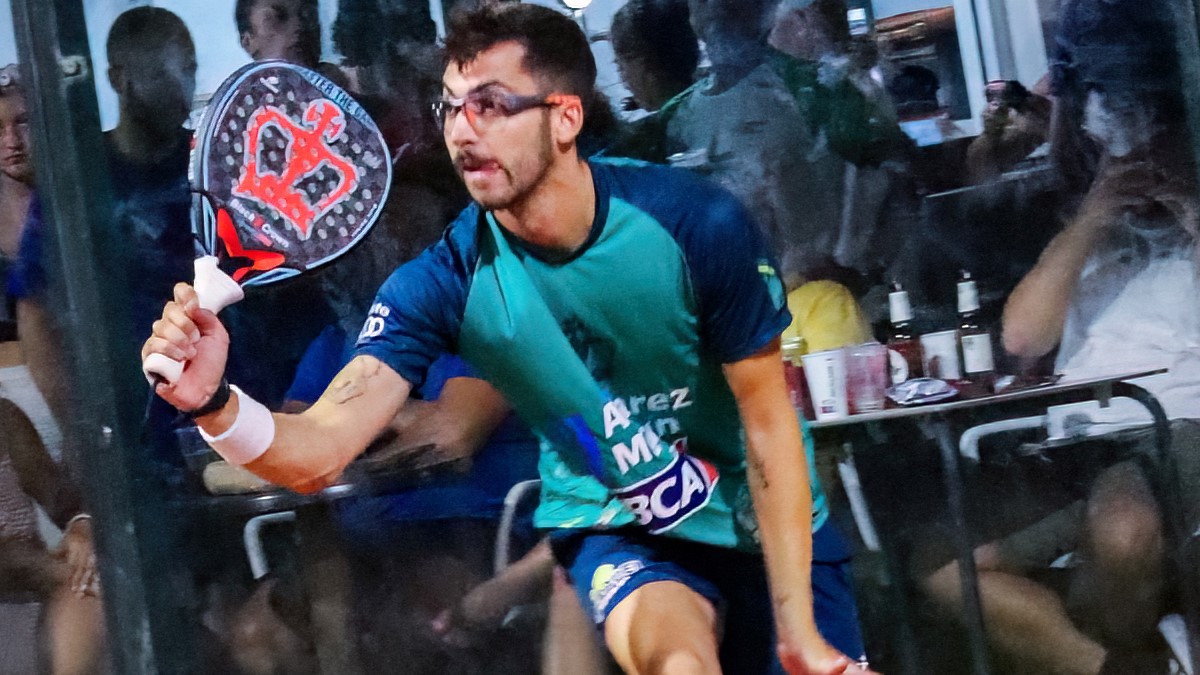 Tactical padel – What to do when faced with players who systematically stay at the bottom?
Tactical padel – What to do when faced with players who systematically stay at the bottom?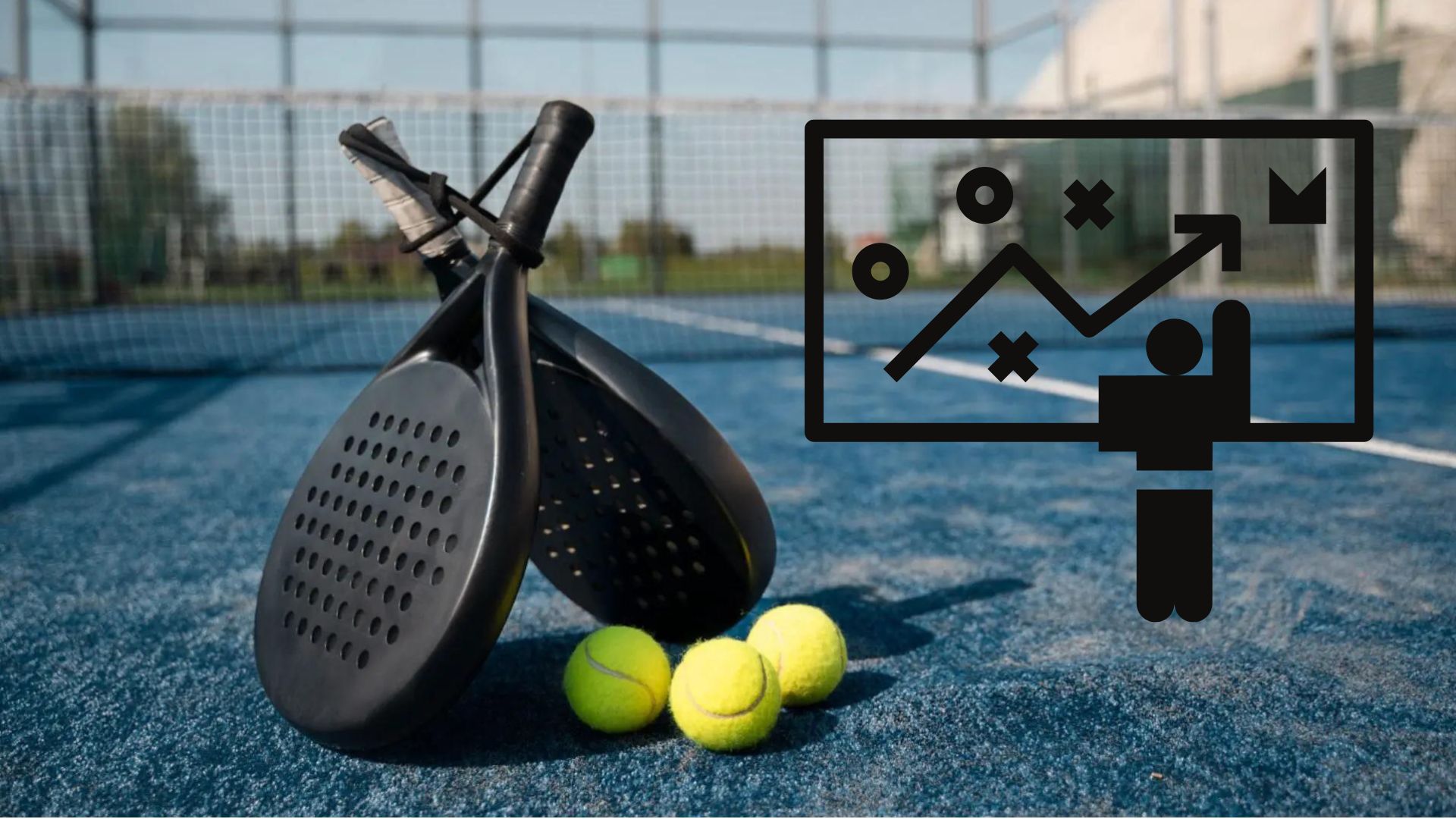 The basic tactics of padel
The basic tactics of padel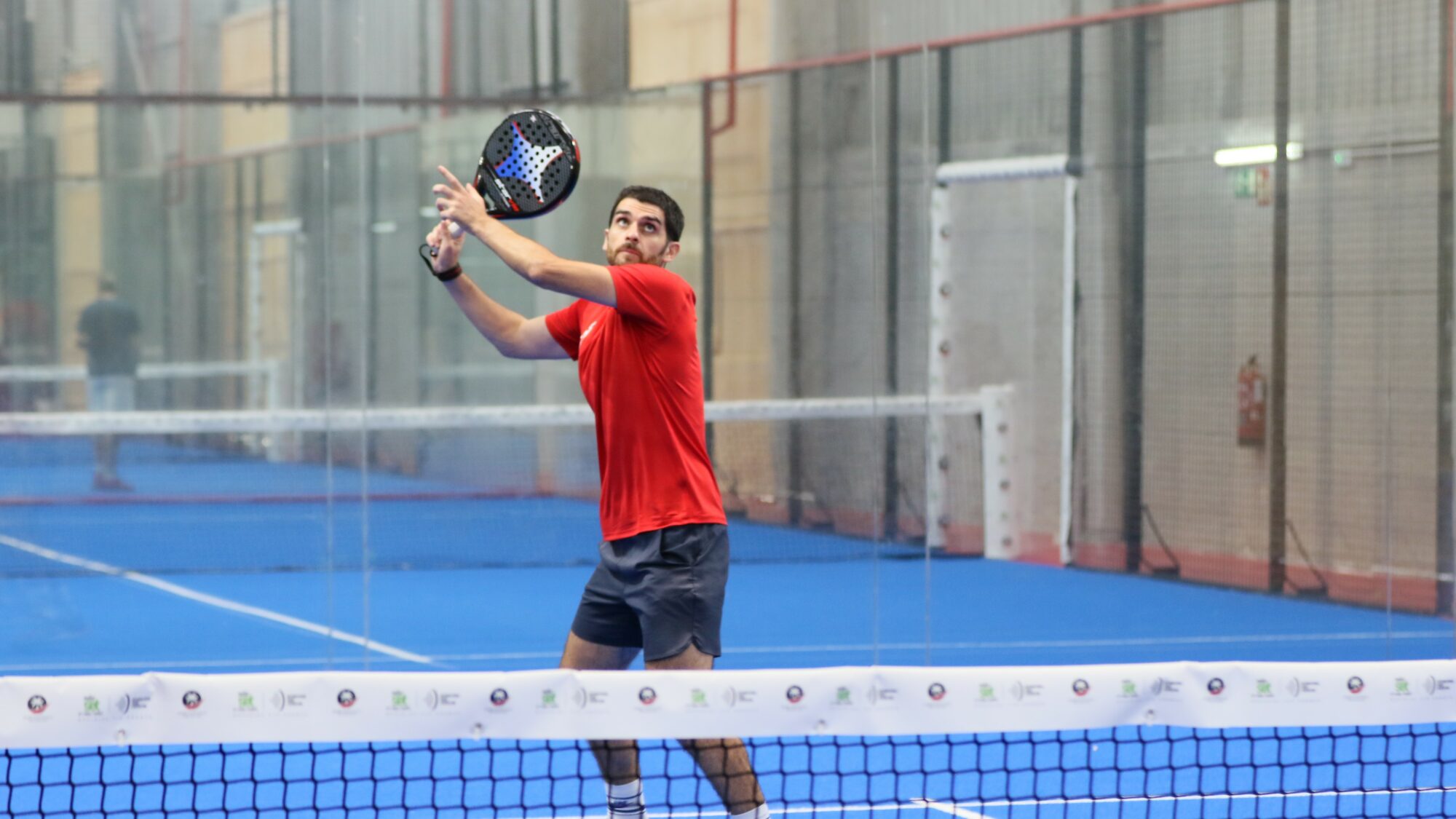 At the heart of padel – Episode 25: Paul and Andoni answer your questions
At the heart of padel – Episode 25: Paul and Andoni answer your questions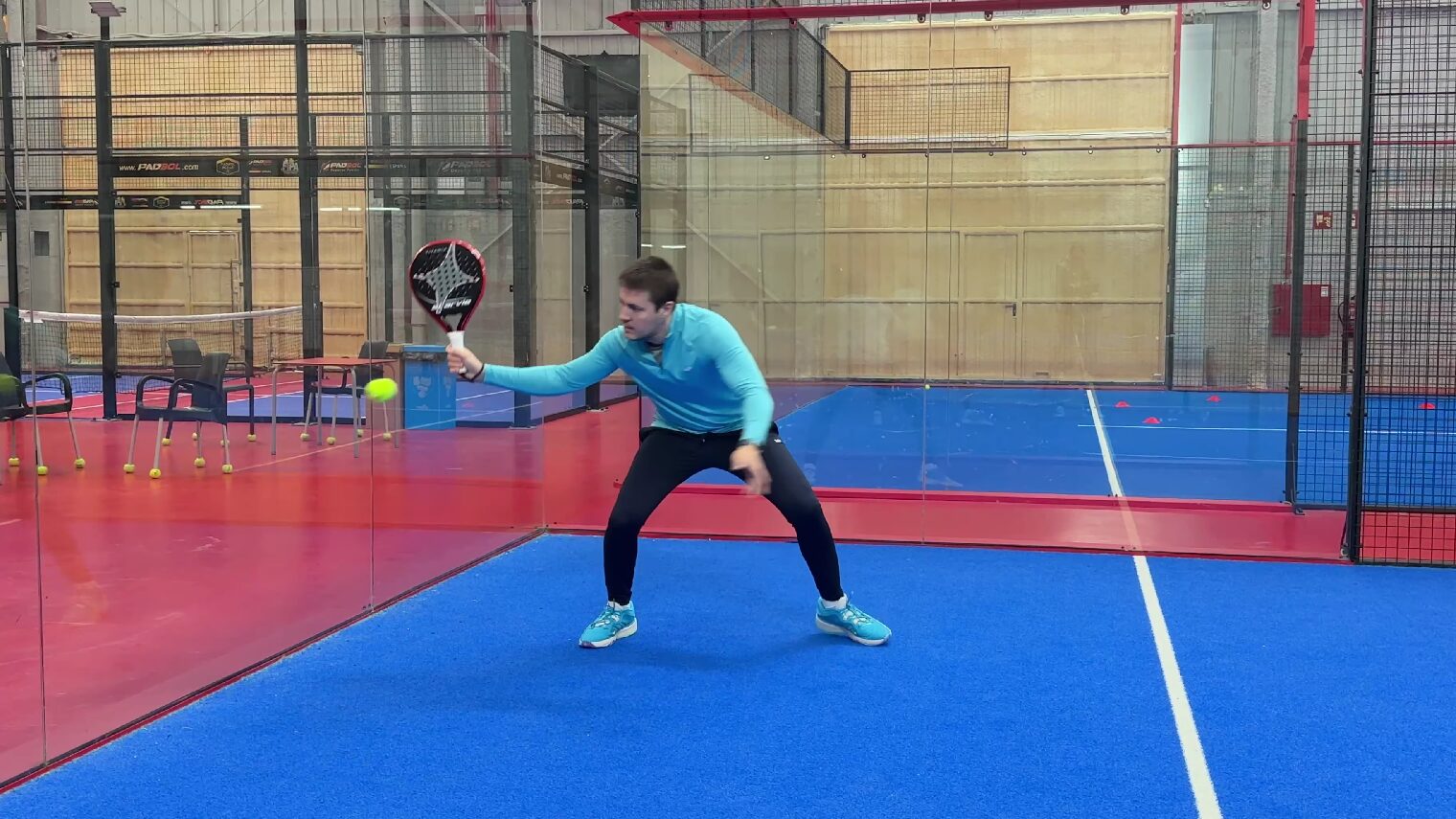 At the heart of padel – Episode 23: defend the window well
At the heart of padel – Episode 23: defend the window well Prohibition on playing topless Padel : the reasons
Prohibition on playing topless Padel : the reasons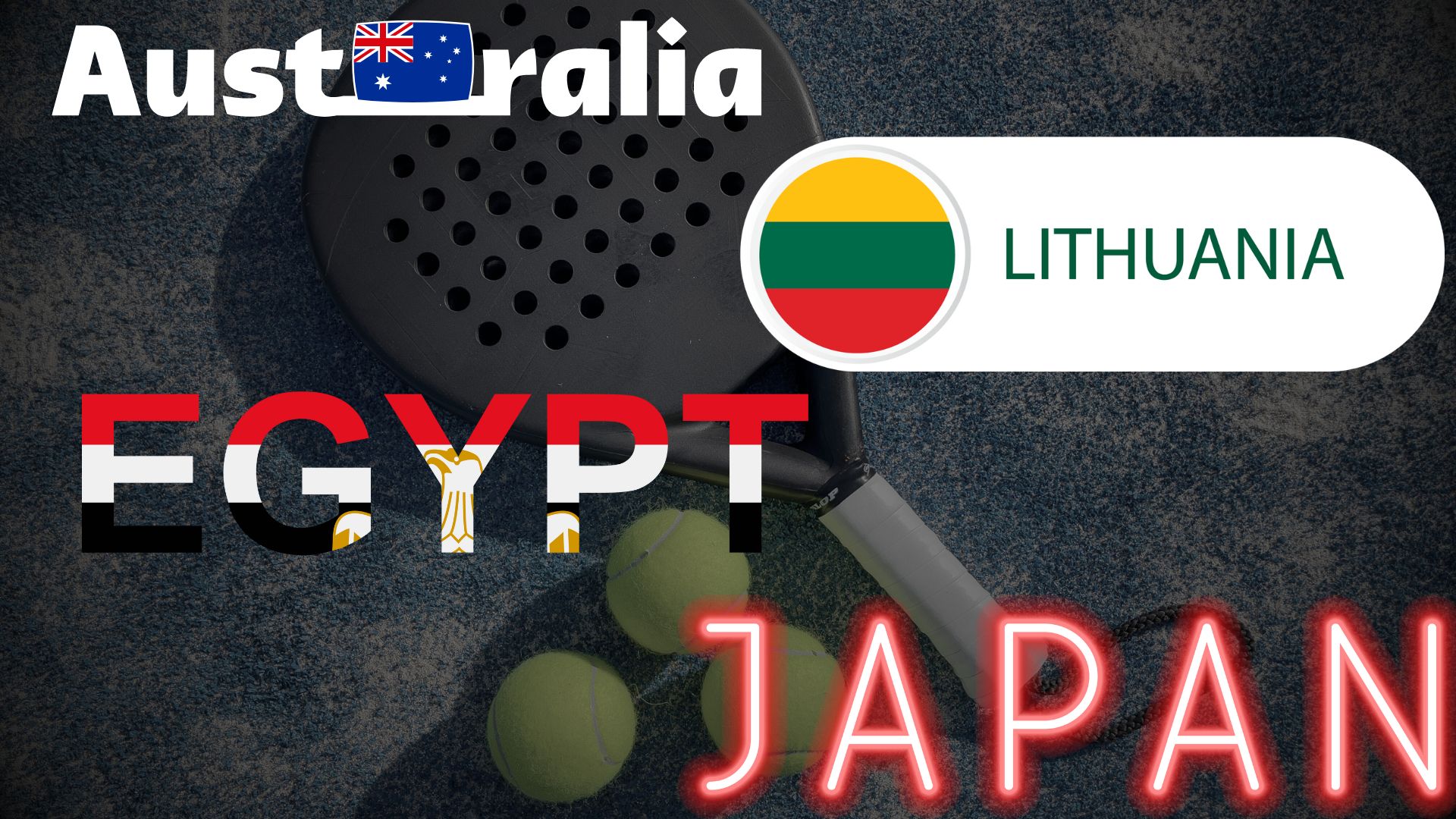 FIP Tour – Going far from Europe, THE strategy to earn points!
FIP Tour – Going far from Europe, THE strategy to earn points!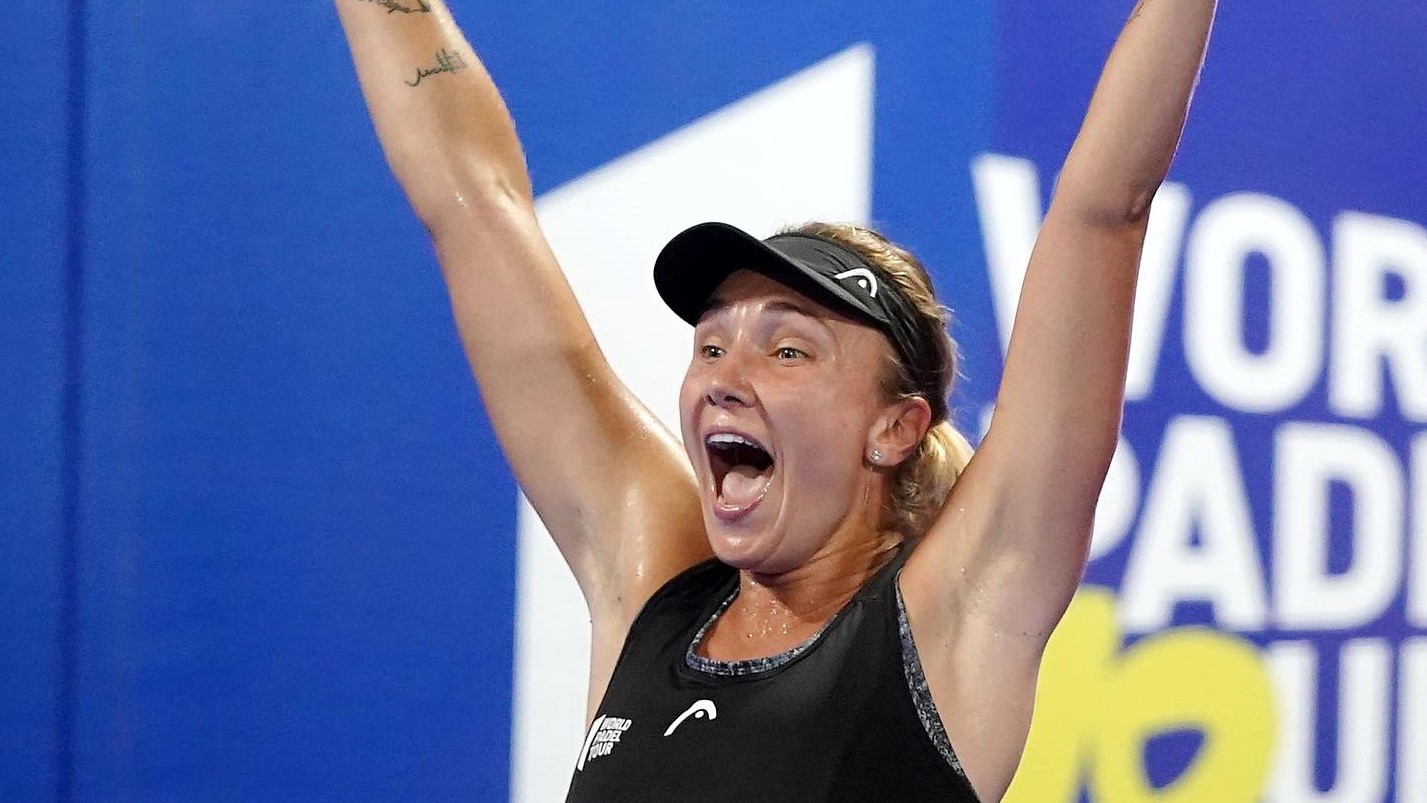 What is a good football player? padel ?
What is a good football player? padel ? “Lefties give me headaches when I play against them!”
“Lefties give me headaches when I play against them!”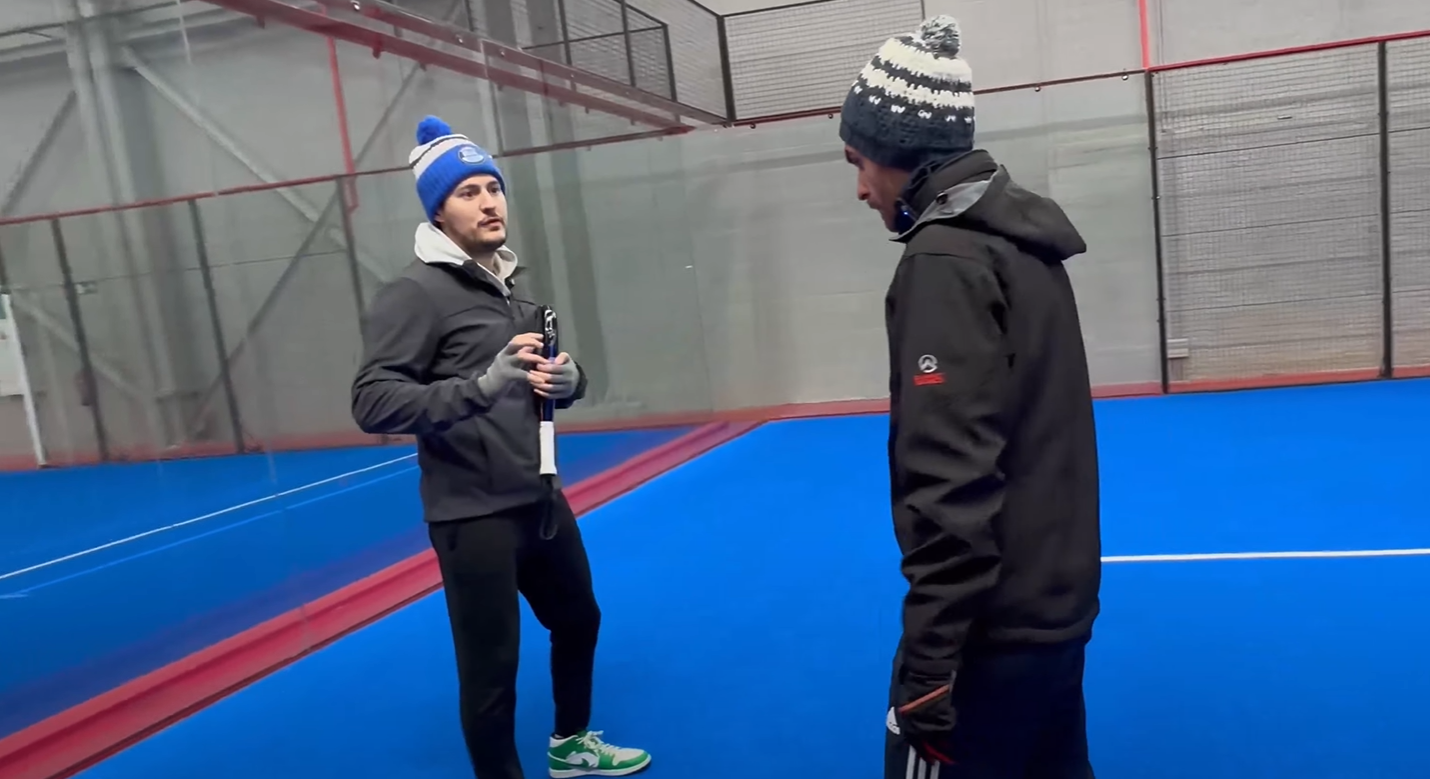 At the heart of padel – Episode 14: how to earn points in winter?
At the heart of padel – Episode 14: how to earn points in winter?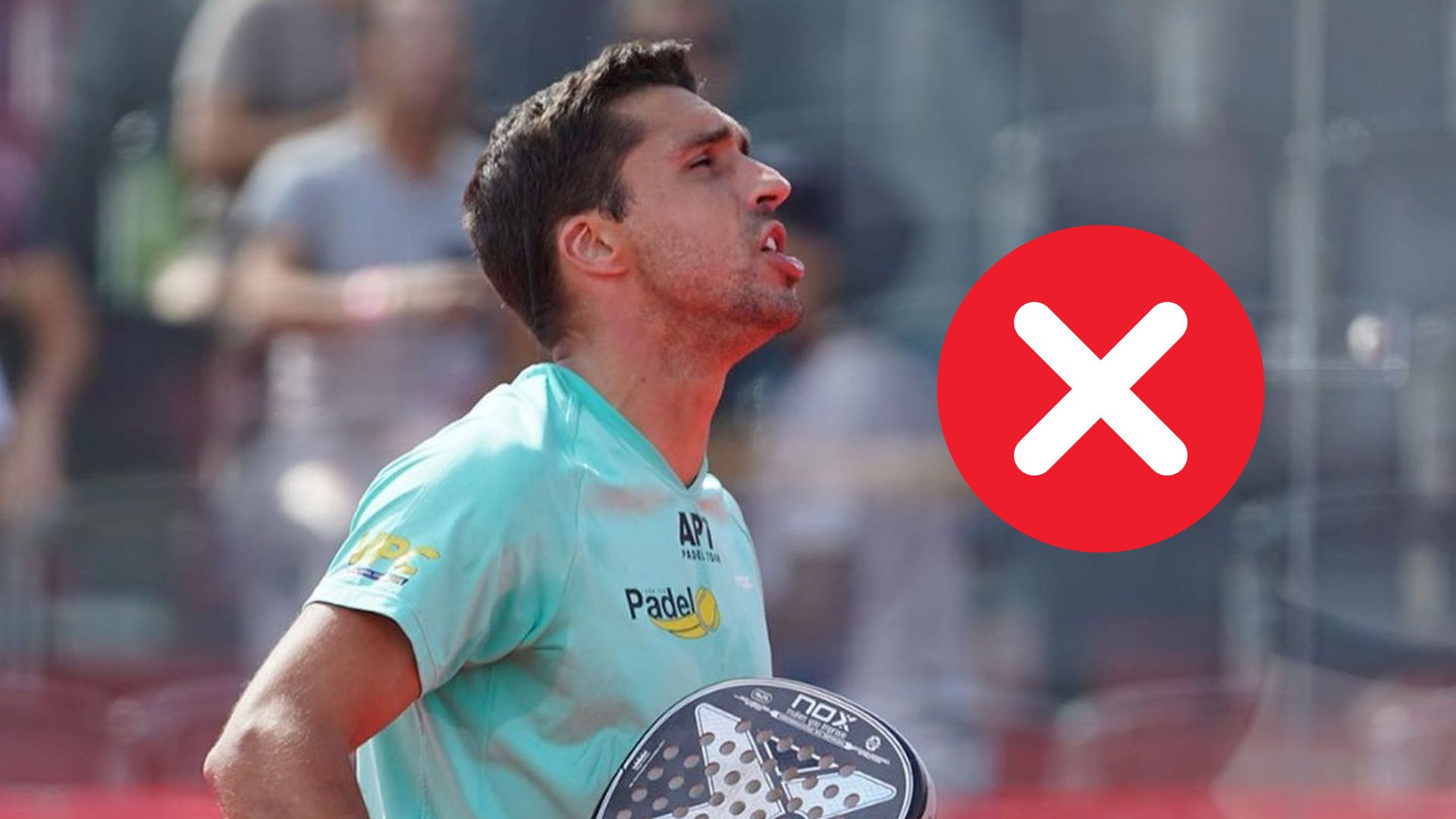 A par 4 is always a winner...even if you manage to defend it!
A par 4 is always a winner...even if you manage to defend it!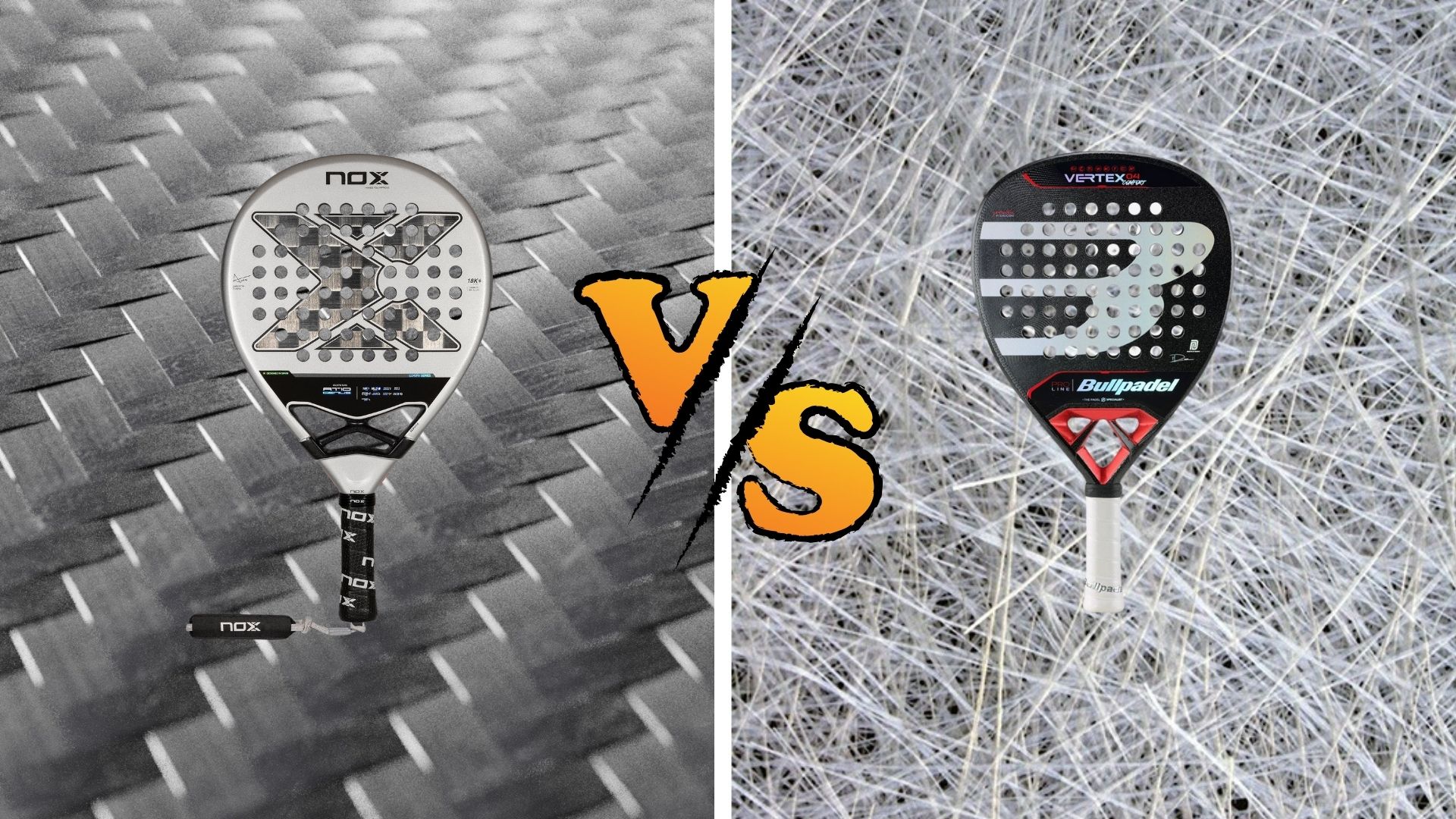 Carbon fiber VS fiberglass: what to choose?
Carbon fiber VS fiberglass: what to choose?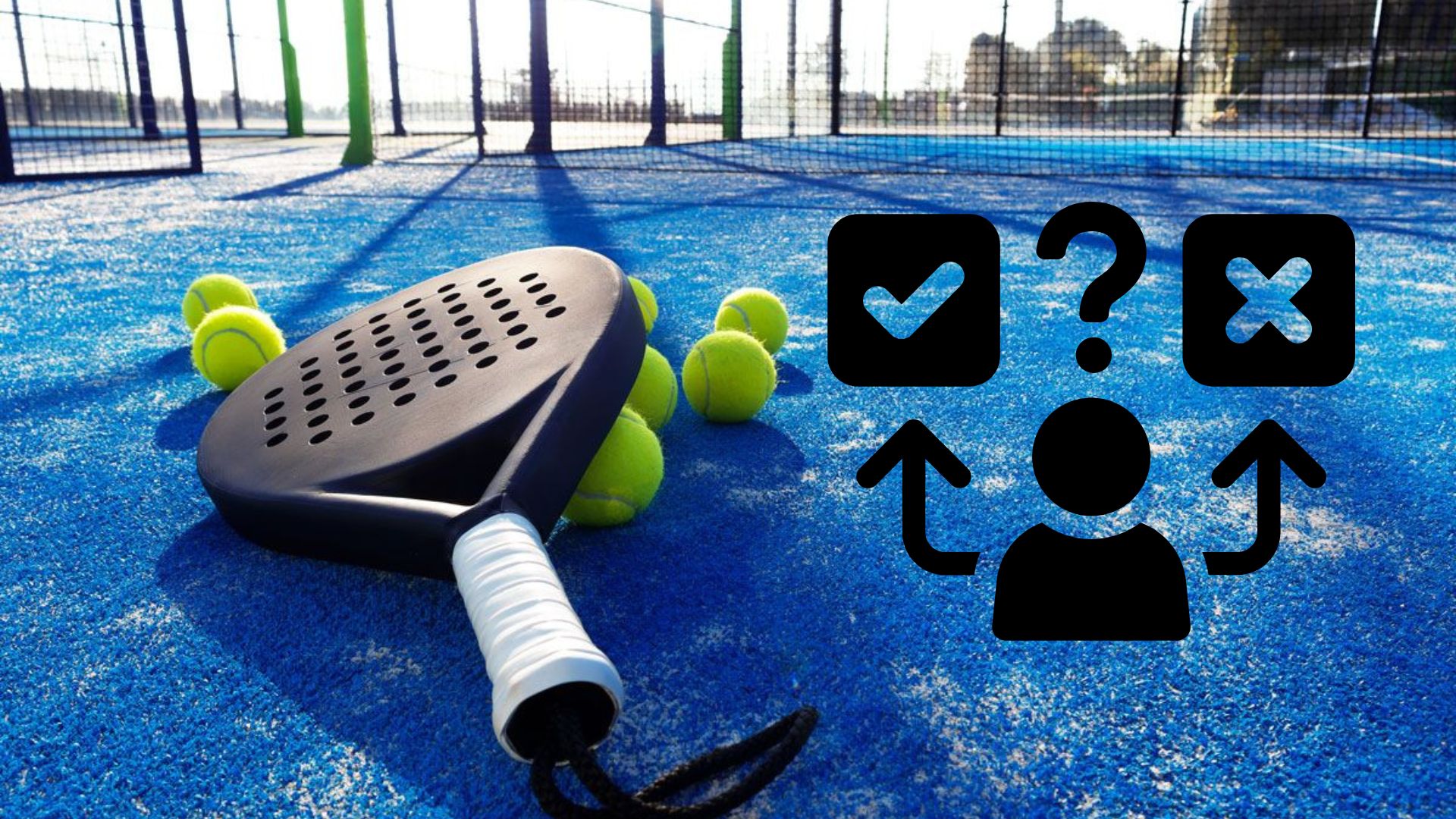 How to effectively test a racket padel ?
How to effectively test a racket padel ?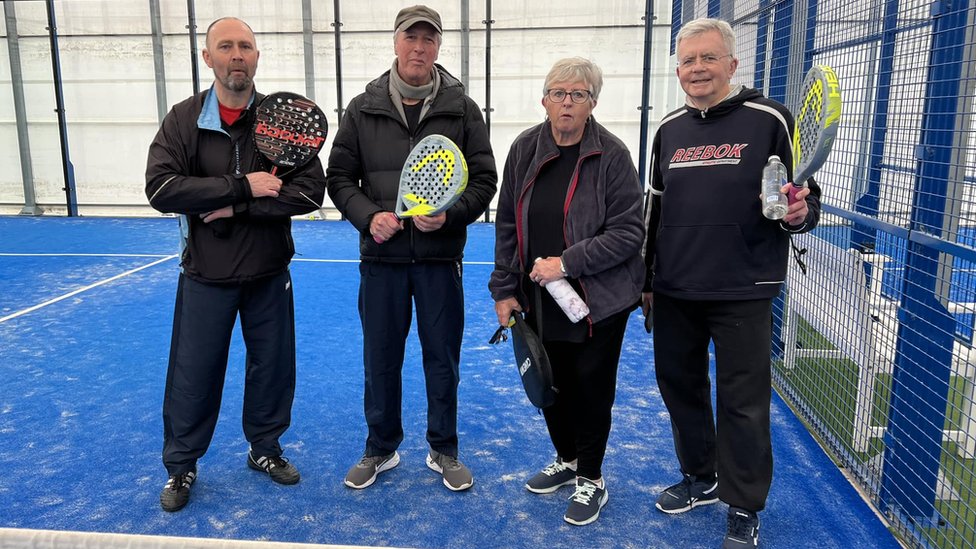 La padel to fight Parkinson's disease
La padel to fight Parkinson's disease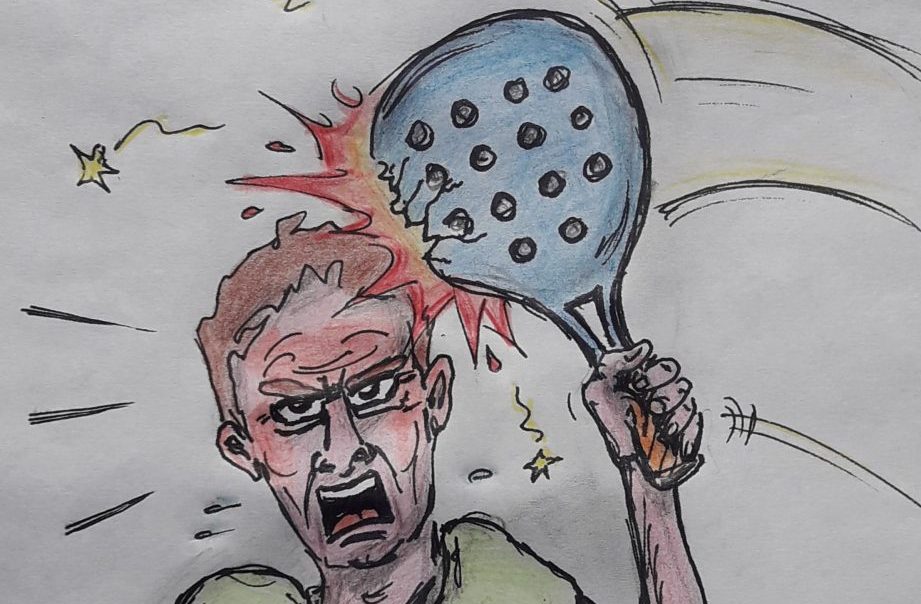 Don't play with a cracked or broken racket, your body will thank you!
Don't play with a cracked or broken racket, your body will thank you! Michel Cymes: “The padel, physically, it’s serious!”
Michel Cymes: “The padel, physically, it’s serious!”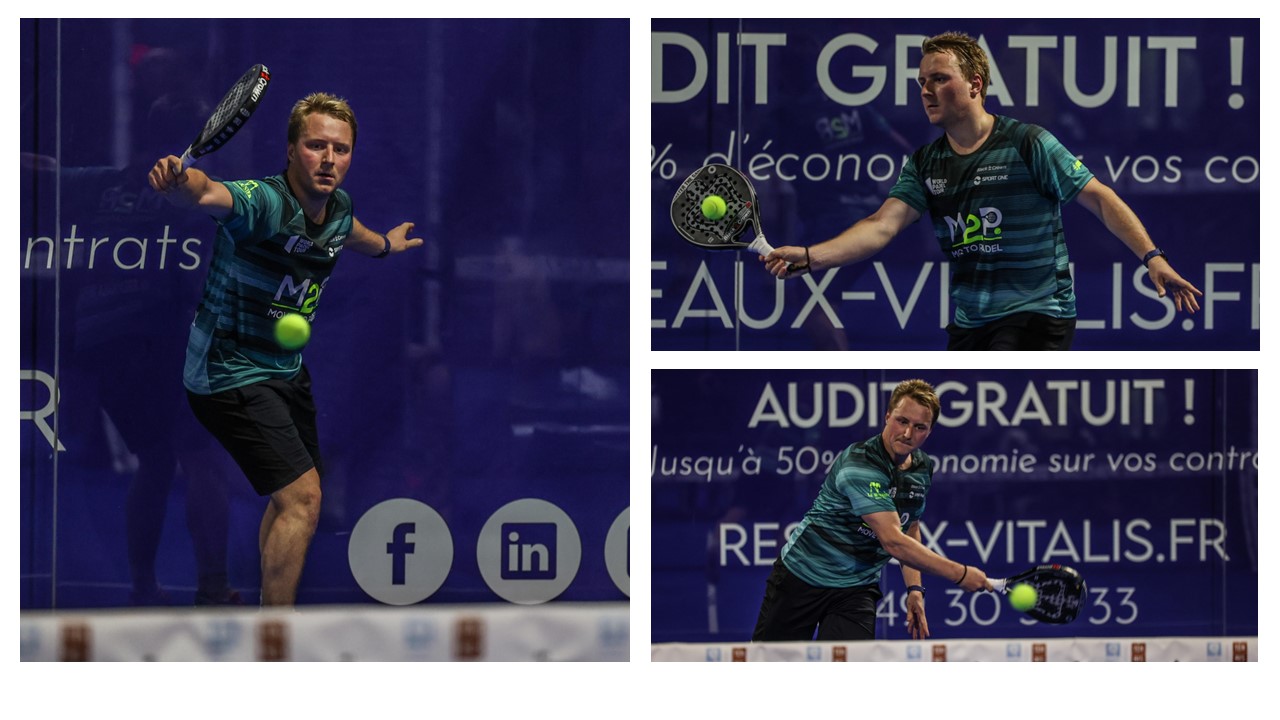 Jeremy Gala: “Promote the padel among young people in Belgium remains a challenge”
Jeremy Gala: “Promote the padel among young people in Belgium remains a challenge” The French Touch Academy organizes its selection day Padel-Study
The French Touch Academy organizes its selection day Padel-Study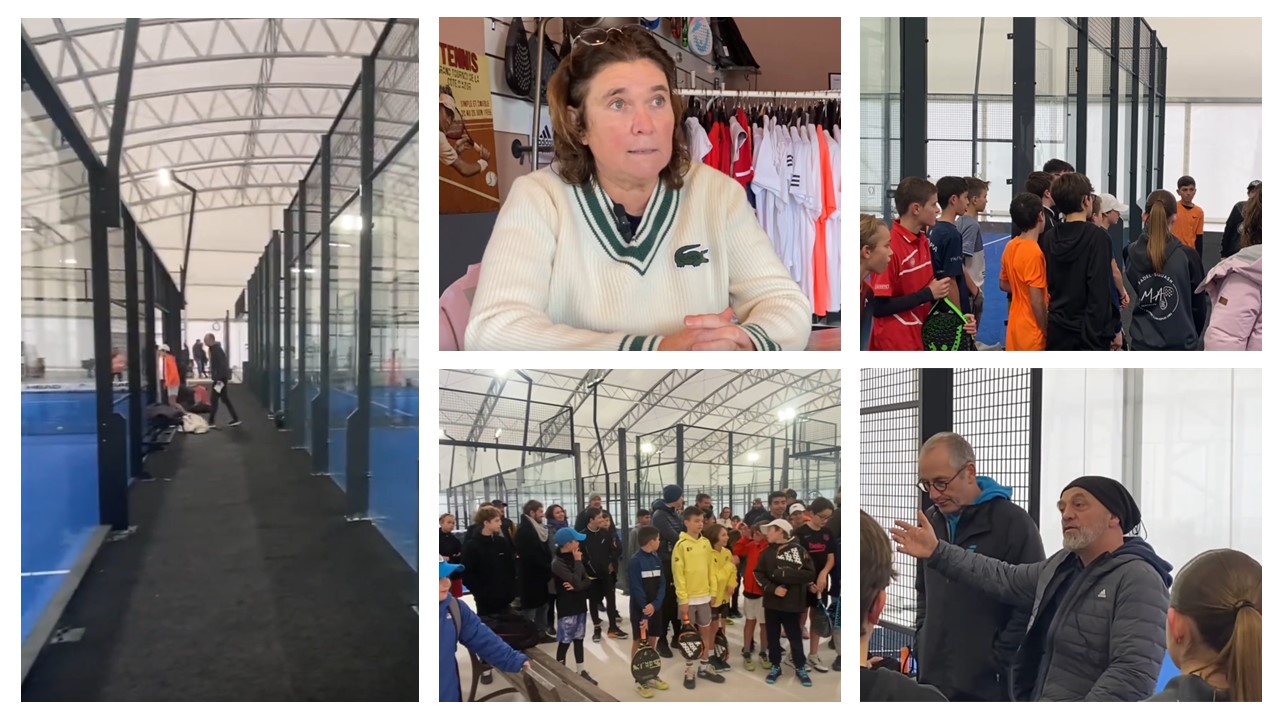 Report on the detection and training of younger generations
Report on the detection and training of younger generations
I built over 1500 tennis courts during the 5000 court campaign. This made the happiness of public investors (town hall - banks) as that of private. But it was after that some private investors had difficulties because they did not regroup when tennis lost members. For the Padel it is simple or the private clubs pool their forces or they will disappear. Grants don't do anything but the short term. Let’s look abroad. The FFT has only one goal: to find licensees, it implements the right policy to get there. Private clubs should seek members not consumers of hours of padel. This is also the reason that killed tennis in the 90s.
We will demonstrate this in October 2020 at the European Cup for Private Clubs.
Claude